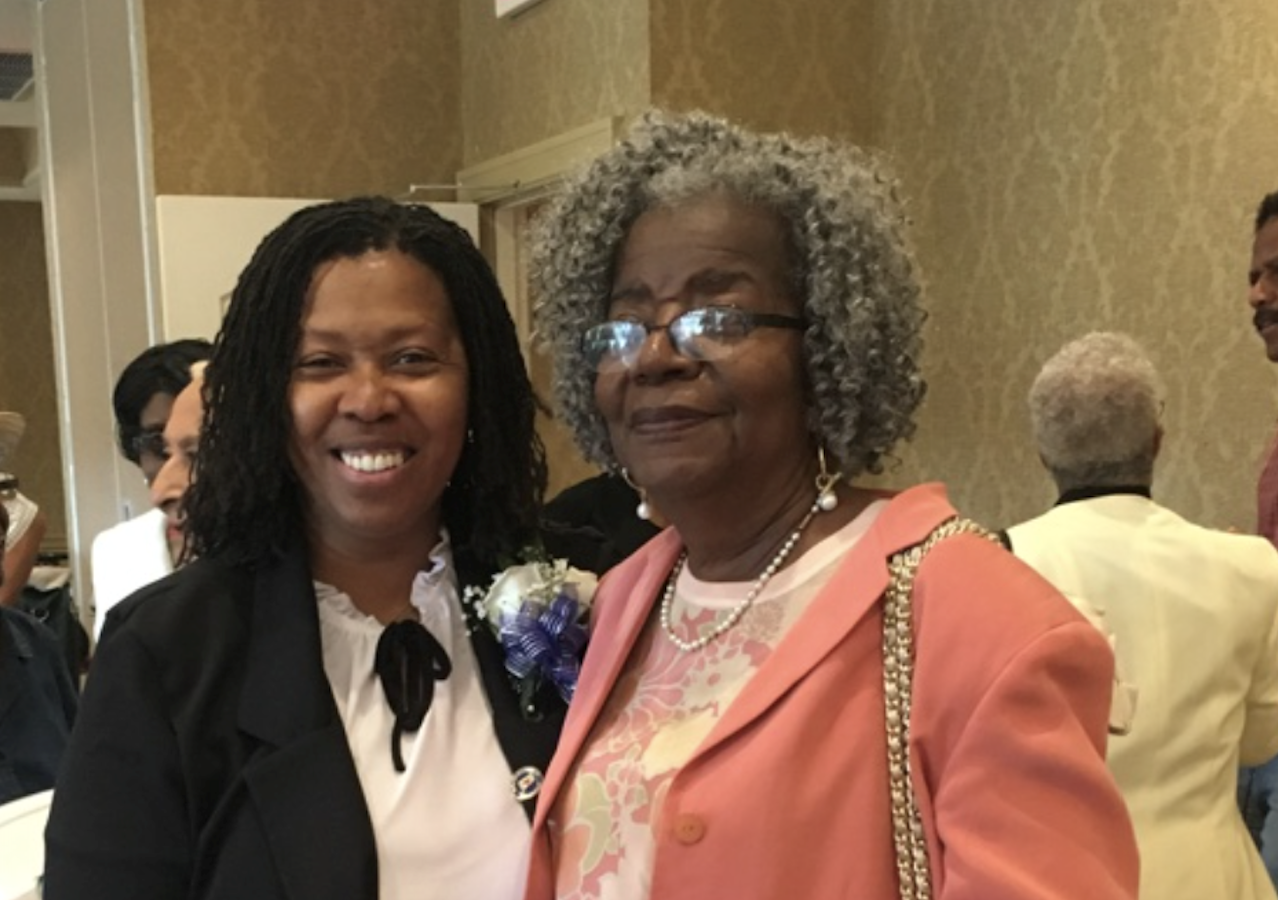Cultivating a positive culture of learning


Establishing a culture of learning in urban schools involves creating an environment that is focused on the comfort and safety of the student, and the educator, in the atmosphere they share. Based on my thirty-eight years as a public-school teacher as well as my own learning experiences: choice of words, the freedom to be who we genuinely are and acknowledging difficult truths are crucial steps in creating the necessary foundation for a learning climate of success.
Choice of words. My first public school experience as a student was as the last child to turn five in a kindergarten class where the teacher perceived a four-year-old to be the enemy. In noting my presence, she used words like “forced” and “compelled” to accept me into her classroom. I was called “baby” and a host of other things while other students were referred to by name. Her words pierced through the love that surrounded me at home and church. She made it clear that I was not welcome and that not only would I be a failure, but I would cause her to be one too. Her choice of words taught me that if I did my work and remained as quiet as possible, I would be left alone. So, invisible I would be until fifth grade. This experience made me acutely aware of the language I use as an educator. My choice of words decides the climate of my classroom and the comfort level of my students. Knowing and using every child’s name is not an option; it is critical if I expect to create a successful learning climate.
Freedom to be genuine: In fifth grade Mrs. Donna Magrath took the time to read the poems I would write or look at the pictures I would doodle, instead of playing with the other children at recess. She laughed out loud when something was funny. She cried real tears when our hamster died and she even had a family! Until I met her, I thought that teachers were like robots or something. Mrs. Magrath said she was sorry when she made a mistake and was okay if you made a mistake too. She had a genuine smile that lit up the classroom. Once, when all of our praying mantis cocoons hatched over spring break… she ran around the room with us trying to protect hundreds, maybe even thousands, of babies from the custodian, (after all we had just done a whole unit on why they should be protected.) Mrs. Magrath saw me, accepted me, wouldn’t give up on me and genuinely cared for me. Her attitude created an environment for success for each and every student and is reflective of what a positive culture of learning must embody today.
Acknowledging difficult truths: My senior year I was so excited to have an African American female teacher for English12, until I thought she didn’t like me! I felt she was treating me differently, unfairly and worked up the nerve to tell her so. Mrs. Wilhelminia Christon, who in later years won a Milken Educator Award, looked me in the eyes and spoke uncomfortable truths. She said life was not always going to be fair and fair did not always mean equal. Mrs. Christon said that there would be times when I, as an African American woman, would have to work twice as hard to possibly be seen as equal. Then she proceeded to challenge me in ways that I did not know were possible. While in college, I had to return and thank her. There are many days when my high school students are struggling to deal with the issues of today’s society. Politics, protests, racial profiling etc. I find myself facing their sincere questions and have to make a choice. Answering honestly often involves speaking uncomfortable truths “yes I have been racially profiled,” “yes I have had family members who were murdered” and “yes I know what it’s like to be cold and/or hungry.”
When every day the choice of language is intentional, every kid is encouraged to put down their invisible shield, every kid is greeted with acceptance and free to feel, and every kid is challenged to go beyond what they are able to see; a positive culture of learning has been established that will impact the attitudes of students and their entire learning experience.
—
Sheena Graham is a product of Ansonia, Connecticut Public Schools, WCSU, St. Joseph’s and SCSU. She began teaching in March of 1983 while writing original musicals and creating teaching tools for colleagues. Workshop topics of Sheena’s include music literacy, connecting parents and teachers, and music in ministry.
Sheena’s recording and writing experience is extensive. Her original works have been performed locally, at the Kennedy Center in Washington, D.C. “We Can If We Believe” 2018, and the White House “My Destiny” 2014, “It’s Not How You Start” 2016. Topics include dealing with teen years, coping with tragedy, breast cancer, violence prevention, and not allowing our circumstances to define our destiny. Her future projects include publishing original poetry, journals, songs, cards, and children’s stories.
Sheena has been featured in the book “Notable Valley African Americans,” received the Beard Excellence in Teaching Award, Teacher of the Year Awards from the NANBP, NAACP, and the school district of Bridgeport. She is the 2019 CT Teacher of the Year. Her advice to others is, “Do not let your image be designed by your inactivity.”